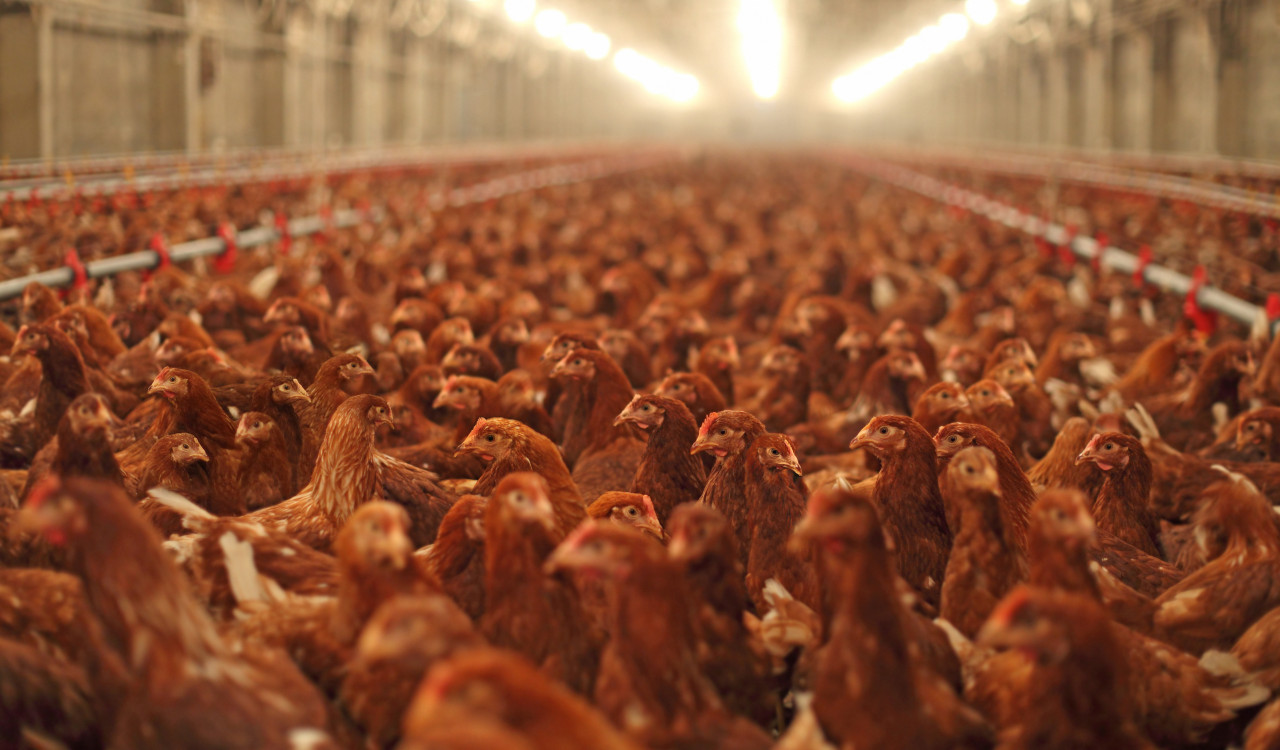This scientific opinion focuses on the welfare of laying hens, pullets and layer breeders on farm. The most relevant husbandry systems used in Europe are described. For each system, highly relevant welfare consequences were identified, as well as related animal-based measures (ABMs), and hazards leading to the welfare consequences. Moreover, measures to prevent or correct the hazards and/or mitigate the welfare consequences are recommended. The highly relevant welfare consequences based on severity, duration and frequency of occurrence are bone lesions, group stress, inability to avoid unwanted sexual behaviour, inability to perform comfort behaviour, inability to perform exploratory or foraging behaviour, isolation stress, predation stress, resting problems, restriction of movement, skin disorders and soft tissue lesions and integument damage. The welfare consequences of non-cage compared to cage systems for laying hens are described and minimum enclosure characteristics are described for laying hens, pullets and layer breeders. Beak trimming, which causes negative welfare consequences and is conducted to reduce the prevalence and severity of pecking, is described as well as the risks associated with rearing of non-beak-trimmed flocks. Alternatives to reduce sharpness of the beak without trimming are suggested. Finally, total mortality, plumage damage, wounds, keel bone fractures and carcass condemnations are the most promising ABMs for collection at slaughterhouses to monitor the level of laying hen welfare on farm. Main recommendations include housing all birds in non-cage systems with easily accessible, elevated platforms and provision of dry and friable litter and access to a covered veranda. It is further recommended to implement protocols to define welfare trait information to encourage progress in genetic selection, implement measures to prevent injurious pecking, rear pullets with dark brooders and reduce male aggression in layer breeders.

themosaurus
Awesome overview for people getting started with online video. Your readers might be interesting in my book, Get Seen, which covers a lot of these topics too and goes into greater detail proving step by step guides. I was in NYC when Jacob Lodwick introduced Vimeo at vloggercon 1/2005. Vimeo is movie spelled sideways.
Stephen Curry
this was right up my alley as I want to expand more on my site into vlogging and sharing video on my site. i\’m excited about the potential as I log in more and more videos on my youtube site.
thanks you
themosaurus
Hi Stephen, you are exactly the kind of audience I had in mind when writing this piece. Im glad you enjoyed it 🙂
Andre Dubus
I really love this post! Great heads up about the Genki plugin. Social proofing with a little automation goes a long way!
themosaurus
Hey Andre, awesome dramatic lighting in your pic 🙂 very theatrical lol thnx for the kind words. Im glad you found Genki useful, I always thought a plug-in like that should exist…turns out…it do lol